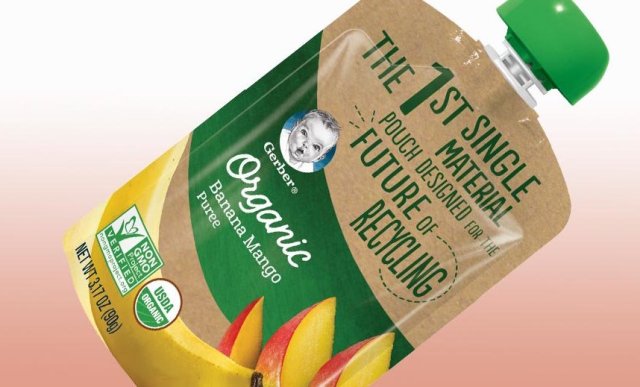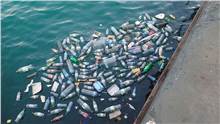
A consortium of companies including Coles, Nestlé, LyondellBasell, Licella and iQ Renew have joined forces in collectively building a soft plastics recycling plant and in conducting a new recycling study.
The joint feasibility study aims to determine the technical, economic, and environmental benefits of a local advanced recycling industry and will look at potential sites in Victoria for an advanced recycling facility using innovative Australian technology called Cat-HTR (Catalytic Hydrothermal Reactor), a form of hydrothermal liquefaction technology developed by Licella.
The Cat-HTR technology has been recognised by Prime Minister Scott Morrison for its potential to help tackle the growing global issue of plastic waste. Advanced recycling offers new life to old soft plastic by turning it back into oil.
This oil can then be used to produce new soft plastic food packaging from recycled soft plastic, such as flexible packaging used for confectionery, bread bags, cereal liners, biscuit wrappers and flexible packaging used to protect fresh produce.
With the National Packaging Targets requiring industry to use an average of 50 per cent recycled content in packaging by 2025, the consortium expects the demand for recycled content, especially food-grade plastic, to grow significantly.
Licella CEO Dr Len Humphreys said without local supply, brands will be forced to source packaging from overseas. He explained that advanced recycling in Australia can give food brands access to the foodgrade recycled packaging they want, while giving Victoria an opportunity to lead the nation in creating a circular economy for plastics.
“We believe advanced or chemical recycling has an important place in the future circular economy for plastic, creating greater value and less emissions than waste to energy,” Dr Humphreys said.
iQ Renew CEO Danial Gallagher further explained that advanced recycling would significantly increase the amount of plastic that can be recycled in Australia.
“Advanced recycling complements existing mechanical recycling, as it can process plastics that are difficult to recover mechanically, such as soft plastics, multi-layer packaging and plastic that has been degraded by repeated mechanical recycling,” he said.
Coles Group chief sustainability, property and export Officer Thinus Keeve said accelerating the development of local recycling forms part of the company’s ambition to be the most sustainable supermarket in Australia.
“We are committed to working together with industry to find ways to reduce the impact we have on the environment and we understand the importance of being part of a more sustainable future for plastic packaging for our customers, our team and the communities we serve,” he said.
“The potential to completely close the loop on soft plastics and convert it into food-grade soft plastics that could then be used in our Own Brand packaging, would be a game changer – we are delighted to be supporting the feasibility study, which is a vital step in bringing this cutting-edge technology to Australia at scale.”
LyondellBasell Australia managing director Mitchell Killeen said as part of one of the largest plastics, chemicals and refining companies in the world, the company aspires to be an industry leader in the production and marketing of recycled and renewable-based polymers.
“Our ambition is to produce and market two million metric tons of recycled and renewable-based polymers annually, by 2030. This is a major commitment which will enable our customers and value chain partners, in turn, to transform their businesses,” Killeen mentioned.
Nestlé Australia CEO Sandra Martinez said that the company wanted to be part of finding new approaches to boosting recycling of plastic packaging.
“While Nestlé wants to reduce its use of virgin plastics and increase our use of recycled packaging, this won’t happen without the whole plastics value chain working together. This feasibility study will provide an important key to developing a better future for soft plastics in Australia,” Martinez added.


